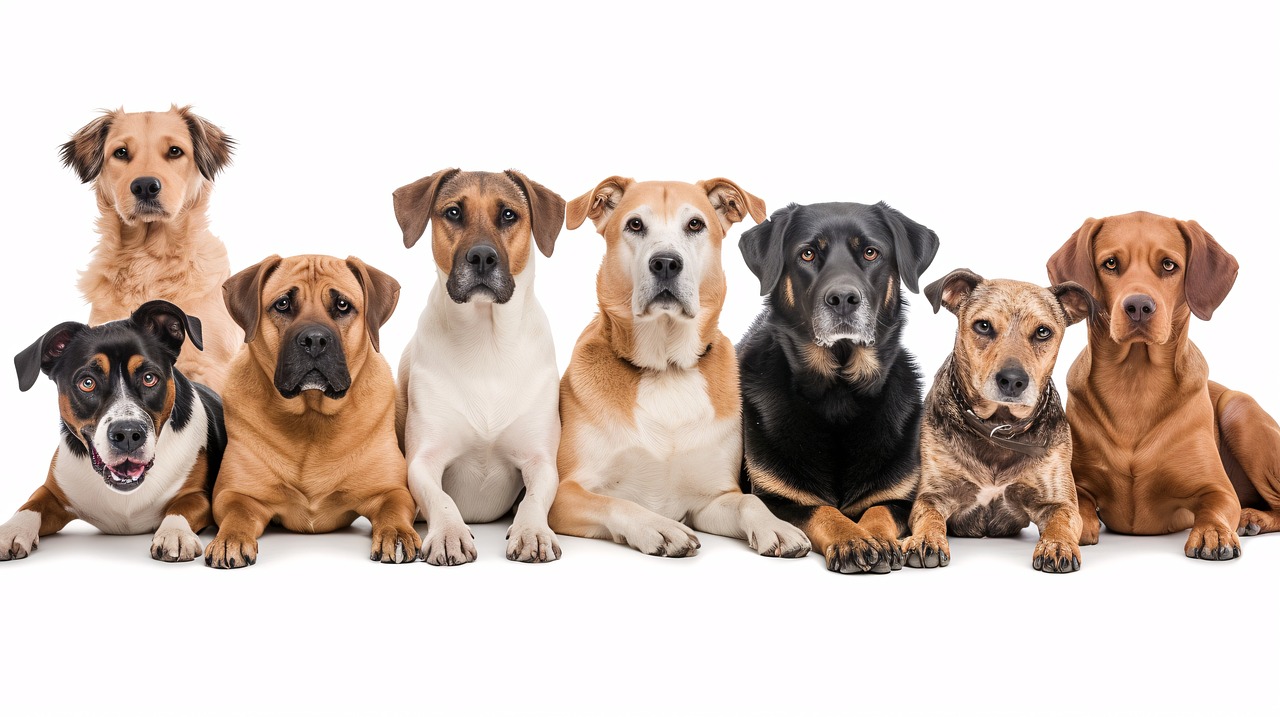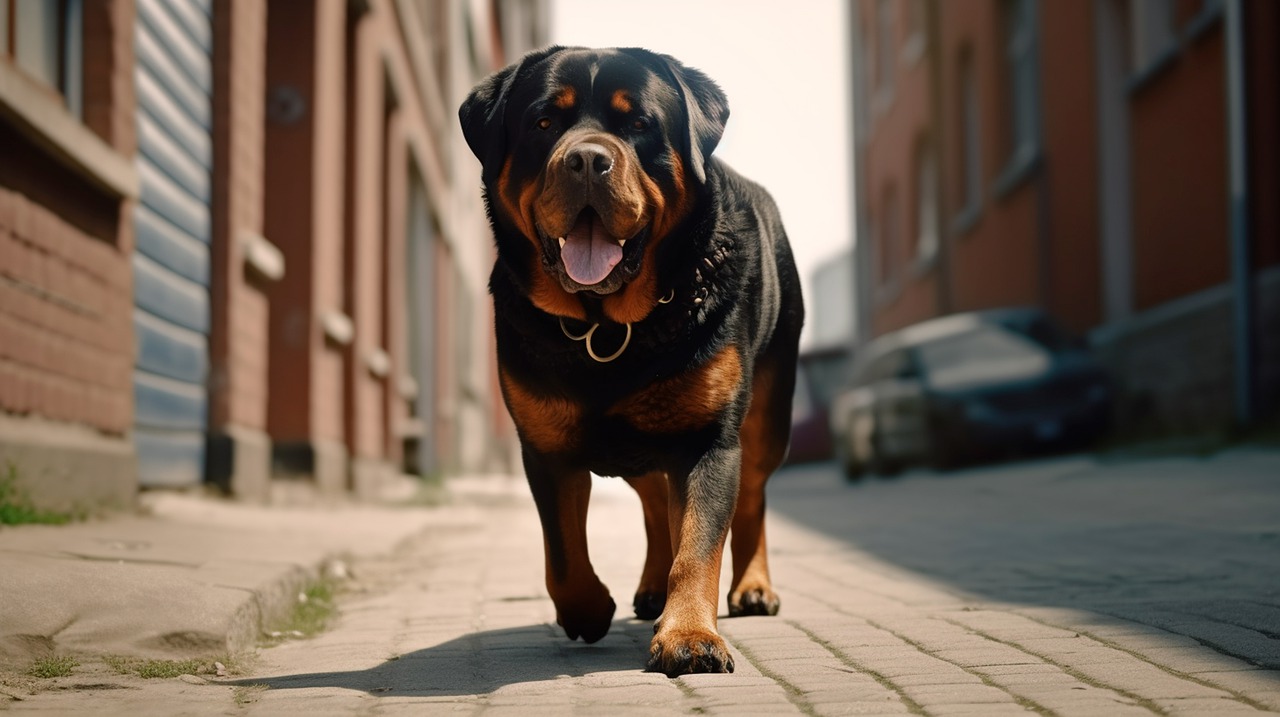In this article, we will discuss a few common reasons that may lead to your dog having an unpleasant smell. Some people believe that a fragrant shampoo or a vanilla-scented spray is the solution, but it is clear that masking the smell is not the answer. In reality, dogs have a distinct kind of scent related to their glands. When you put your nose in your dog’s fur, you should not expect a perfume or fishy smell. If that is the case, there might be an issue with your dog. An easy way to check is when you sniff your dog’s fur, you should not detect a bad or overly intense smell.
Every dog should have its unique, natural scent. If there’s an unusual odour, it’s essential to identify the reason for proper treatment. So we are going to discuss why dogs stink and what you need to do to get your dog natural scent back.
Possible reasons why your dog smells bad
Some of the most common reasons which cause a dog to stink and dogs smell bad are given below:
- 1. Yeast Infection
- 2. Anal Gland Problem
- 3. Gas Farting
- 4. Stinky Face (Ears and Eyes)
- 5. Stinky Breath
- 6. Unhealthy Gut due to poor diet
1. Yeast Infection
If a yeast overgrowth occurs, it can produce an extremely strong smell in your dog. The scent of a yeast infection is distinct, resembling a musty, mouldy, or yeasty smell, similar to damp bread. You may notice this smell not only from your dog’s paws but also from its ears. So, if your dog’s ears are emitting an excessive mouldy bread-like odour, it could be due to a yeast infection.
2. Anal Gland Problem
If your dog develops an infection or inflammation in its anal glands, it can contribute to a foul smell. The anal glands are located just inside the rectum of a dog. One gland is positioned at the four o’clock position, and the other at the eight o’clock position. These glands release a very pungent substance that dogs use to mark their territory. You can suspect an anal gland infection if your dog frequently scoots its butt on the ground or licks its rear end excessively. Often, this smell is reminiscent of rotting fish and can be quite intense, making it challenging to tolerate.
3. Gas Farting
If you have ever travelled with a dog in a closed vehicle, you might have experienced how potent a dog’s gas can be. While all animals, including dogs, release gas through farting, a healthy pet’s gas should not be excessively foul. If your dog’s gas smell is so unpleasant that you feel compelled to open a window and let in fresh air, it could indicate an issue. Several reasons could contribute to your dog emitting particularly malodorous gas, such as:
- Poor diet
- Food allergies
- Lack of digestive enzymes
- Intestinal parasites
If your dog consistently produces foul-smelling gas, it is time to consider a vet check-up. If there are additional symptoms like changes in stool, gastrointestinal tract infections, or occasional vomiting, seeking veterinary advice is important to address potential underlying issues.
4. Stinky face including Eyes and Ears
If your dog has a foul smell, but can’t pinpoint the cause, inspecting its ears and eyes closely might provide insights. Check for any discharge, as bacterial infections can lead to both discharge and a bad smell. Similarly, ear mites could be a reason for your dog emitting an unpleasant smell. Ear mites produce a distinct waxy material with a strong smell. Lift the flap of your dog’s ear and examine for any discharge. Also, inspect the area beneath your dog’s eyes to ensure there is no discharge or other concerning signs that could contribute to a bad smell. If you notice anything unusual, consulting a vet for further examination is advisable.
5. Stinky Breath
If you have examined your dog’s face but didn’t find anything unusual, it’s time to check its mouth and breath. The unpleasant smell you are sensing might originate from your dog’s breath. Regular brushing and maintaining oral hygiene usually prevent a foul smell. However, if your dog’s breath still has a strong odour despite your efforts, it could indicate an issue inside its mouth. Possible reasons for bad breath include:
- Remnants of something your dog ate, causing an ongoing smell.
- Gum or dental issues like rotting teeth.
- Gastrointestinal conditions.
- Malabsorption problems.
- Microbial problems.
If your dog’s breath consistently smells bad, especially if accompanied by other symptoms like vomiting, diarrhoea, or changes in behaviour, it’s advisable to consult with a veterinarian for a thorough examination and appropriate treatment.
6. Unhealthy Gut due to Poor Diet
The quality of the food you feed your dog has a direct impact on both its external and internal well-being. If you provide your dog with high-quality nutrition, ensuring that all ingredients are well-balanced, and your dog processes it efficiently, you are less likely to encounter a bad smell. However, if your dog consumes a diet lacking in biological goodness and health benefits, it can lead to the production of excessive gas inside.
Moreover, Poor-quality food may disrupt the pH level in your dog’s stomach, affecting the acid-base balance. Ultimately, this imbalance can result in the production of gases with a foul smell, making your dog emit an unpleasant odour. Choosing a nutritionally balanced and high-quality diet for your dog is important for its overall health and can contribute to minimizing any undesirable smells.
5 Ways to Make Your Dog Smell Better
Below are the 5 simple and practical ways to get rid of the dog stink.
- 1. Feed High-Quality Diet
- 2. Regular Grooming
- 3. Wash bedding regularly
- 4. Brush your dog’s teeth regularly
- 5. Veterinary Check-ups
1. Feed high-quality diet
The diet plays a significant role in influencing a dog’s smell. To alleviate the fishy smell in your dog, consider discontinuing a low-quality diet. Choose a higher quality diet by incorporating more raw meat and premium dog food products. If you find yourself uncertain about selecting suitable dietary options for your dog, consult with your vet for personalized recommendations.
2. Keep up with grooming
While dogs have a natural method for self-grooming, they still benefit from a helping hand. Following these guidelines can contribute to maintaining your dog’s cleanliness and overall health:
- Regular Brushing: Brush your dog’s coat consistently to prevent any unpleasant smells or stink.
- Gentle Rinsing: After outdoor activities, gently rinse your dog’s feet and coat, if necessary, to keep them free from dirt.
- Bathing: Bathe your furry friend as needed. You can take recommendations from your vet.
- Clearing Nose, Eyes, and Ears: Gently remove dirt and debris from the nose, eyes, or ears as needed to ensure optimal hygiene.
- Ear Wiping: Periodically wipe the ears from each corner with a clean cloth to maintain cleanliness.
- Trimming: Trim your dog’s coat and the hairs between paw pads as necessary for a tidy appearance.
- Nail Care: Regularly clip your dog’s nails and pay attention to paw care to promote overall well-being.
3. Wash bedding regularly to get rid of dog stink
Every dog deserves a comfortable sleeping space provided by its owners. The choice of bedding is important for a dog’s overall health. Regularly maintaining the cleanliness of the bedding is equally important to eliminate any potential risk of bacterial or fungal infections on the dog’s skin. Dirty bedding can accumulate dead skin cells, hairs, and dirt particles, emphasizing the significance of regular cleaning for the well-being of your canine friend.
4. Don’t forget to brush your dog’s teeth
Regularly brushing your dog’s teeth is an important step in preventing unpleasant smells and promoting oral health. This practice not only safeguards your dog from potential plaque and tartar buildup but also helps prevent various gum diseases. Utilizing special dog toothpaste, readily available in the market, makes the brushing process easy and effective in maintaining your dog’s overall dental hygiene. Kindly brush your dog’s teeth, it should be a routine practice for any dog owner.
5. Check-up at the vet
Occasionally, a persistent fishy smell from your dog could be indicative of an underlying disease that requires prompt attention. If your dog exhibits a strong and unusual smell, it’s advisable to consult with a veterinarian for a comprehensive examination. The vet may conduct necessary tests to confirm a diagnosis, providing insights into the reasons behind the odour and offering recommendations and treatment options for your dog’s well-being.
Also Read Why do Dogs Lick You? Ten Reasons Why Your Dog Licks People
Frequent Asked Questions
Several factors, such as skin infections or dental problems, could contribute to persistent odours despite regular baths.
Yes, diet can impact a dog’s smell. Certain foods might lead to gastrointestinal issues that result in bad breath, contributing to an unpleasant odour.
Bad breath in dogs (halitosis) can be caused by dental problems, bacterial buildup in the mouth, or underlying health issues. Regular dental care and check-ups can help to manage this.
Anal gland problems are a common cause of bad odours from the rear end. If these glands become impacted or infected, they can release a foul-smelling fluid.
If your dog’s odour is sudden, unusually strong, or accompanied by other symptoms like changes in overall behaviour, appetite, or energy levels, it’s advisable to consult a veterinarian.



